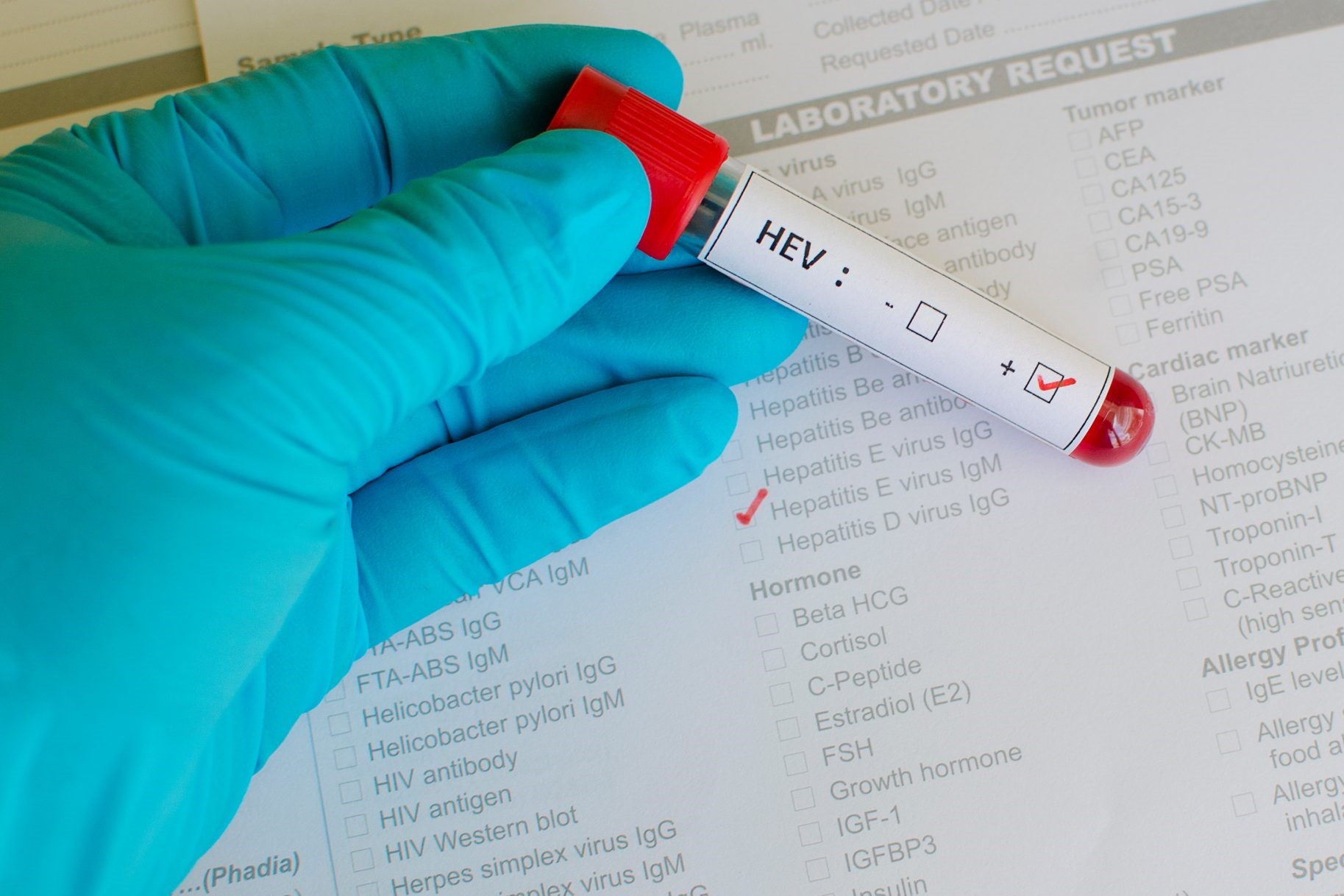
HIV: initial symptoms in women and men
Many patients who have experienced an episode at risk of HIV transmission (typically unprotected sexual intercourse with an unknown person or the use of needles in drug addiction) wonder what the early signs of a possible, dreaded HIV infection are
HIV incubation period
Unfortunately, the HIV incubation period is totally asymptomatic and lasts between two and four weeks from the moment of infection, which means that up to a month can pass without having any signs or symptoms of the presence of the virus in our bodies.
Acute HIV infection
Then we enter the acute infection phase, which is of variable duration (about four weeks, after which the symptoms tend to disappear) where, however, the symptoms are very unspecific, being similar to those of a common flu.
There are no major differences between these symptoms in men and women.
Here are the typical symptoms of acute HIV infection:
- Pain in the joints and muscles. This is a common symptom: it is one of those symptomatic manifestations that makes this disease similar to the occurrence of a flu.
- Fever. One of the first signs of infection with the HIV virus is a fever of varying degrees, usually mild, which in some cases can even reach 38 °C. The fever is often accompanied by tiredness and all the other typical flu-like symptoms.
- Sore throat. Very variable, ranging from mild to severe.
- Skin rashes may appear mainly on the arms and trunk. These are generally eruptions that are not easily related to other causes and are difficult to treat.
- Swollen lymph glands. Lymph nodes are part of the immune system and tend to become inflamed in the presence of an infection. Some of these lymph nodes are located under the armpit, in the groin and on the neck. This can also lead to the occurrence of a sore throat.
- Malaise and tiredness. The inflammatory reaction produced by the immune system can lead to a general feeling of exhaustion and malaise.
- Oral sores. In HIV-infected persons, sores may occur in the mouth or oesophagus, usually due to cold sores. The latter occurs more easily because the disease weakens the immune system.
- Nausea and diarrhoea. Present very often in the early stages of HIV, these are usually symptoms due to the occurrence of an opportunistic infection.
- Vomiting. Tends to occur fairly frequently and can lead to dental problems and especially dehydration (especially if combined with diarrhoea).
- Weight loss. In the acute phase of HIV infection there is a tendency to lose weight for apparently no reason. This is due either to lack of appetite linked to a general feeling of malaise, or to particularly severe forms of vomiting/diarrhoea repeated over time.
If you are at risk, have one or more of the symptoms listed here and suspect possible HIV infection, contact your doctor immediately.
Read Also:
Emergency Live Even More…Live: Download The New Free App Of Your Newspaper For IOS And Android
HIV: How Soon Do Symptoms Appear? The 4 Stages Of Infection
Sanofi Pasteur Study Shows Efficacy Of Co-Administration Of Covid And Influenza Vaccines
WHO: ‘Pandemic Will Continue Unless Vaccines Are Distributed To Poor Countries’
Covid And HIV: ‘Monoclonal Antibodies For The Cures Of The Future’
HIV, MRNA Vaccine Study By Iavi And Moderna



